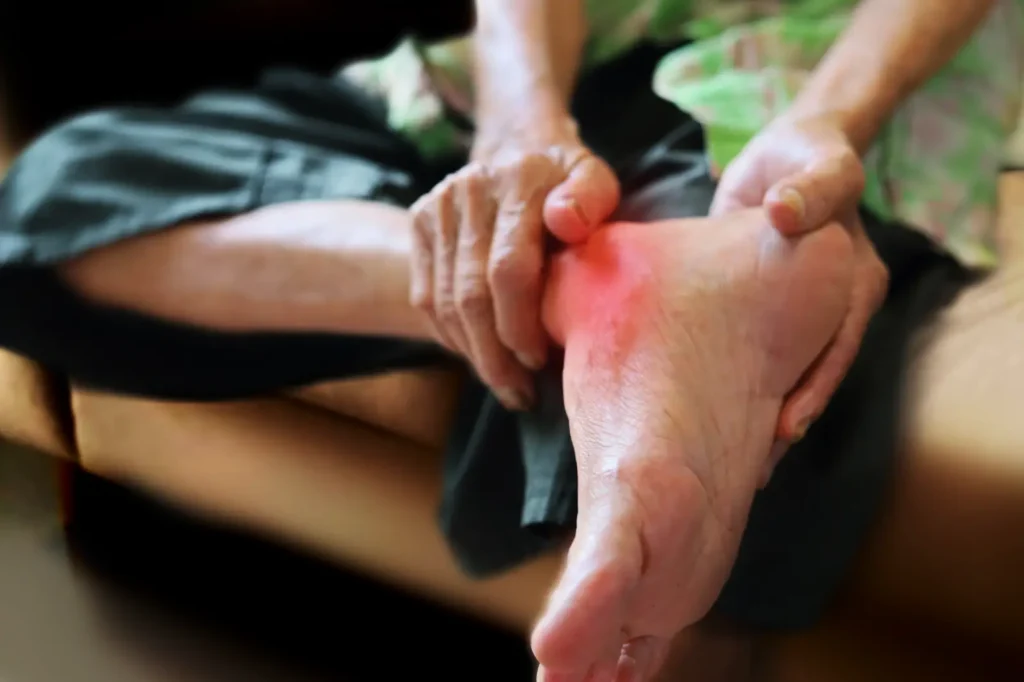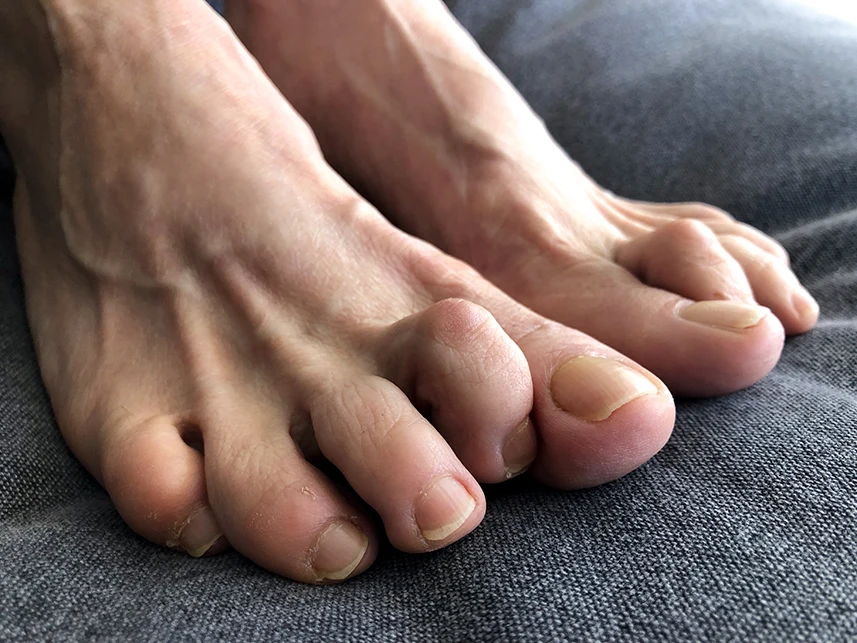Neuroma Treatment
What is a Neuroma?
A neuroma, also known as a nerve tumor or “pinched nerve,” is a benign growth of nerve tissue commonly found between the third and fourth toes. This condition, often referred to as Morton’s neuroma, can cause pain, a burning sensation, tingling, or numbness between the toes and in the ball of the foot.
What are Common Symptoms of a Neuroma?
- Tingling or numbness in the toes
- Sharp, burning pain in the ball of the foot
- Feeling of a “lump” or “pebble” in the shoe
- Pain that worsens with activity or tight shoes
- Swelling between the toes












